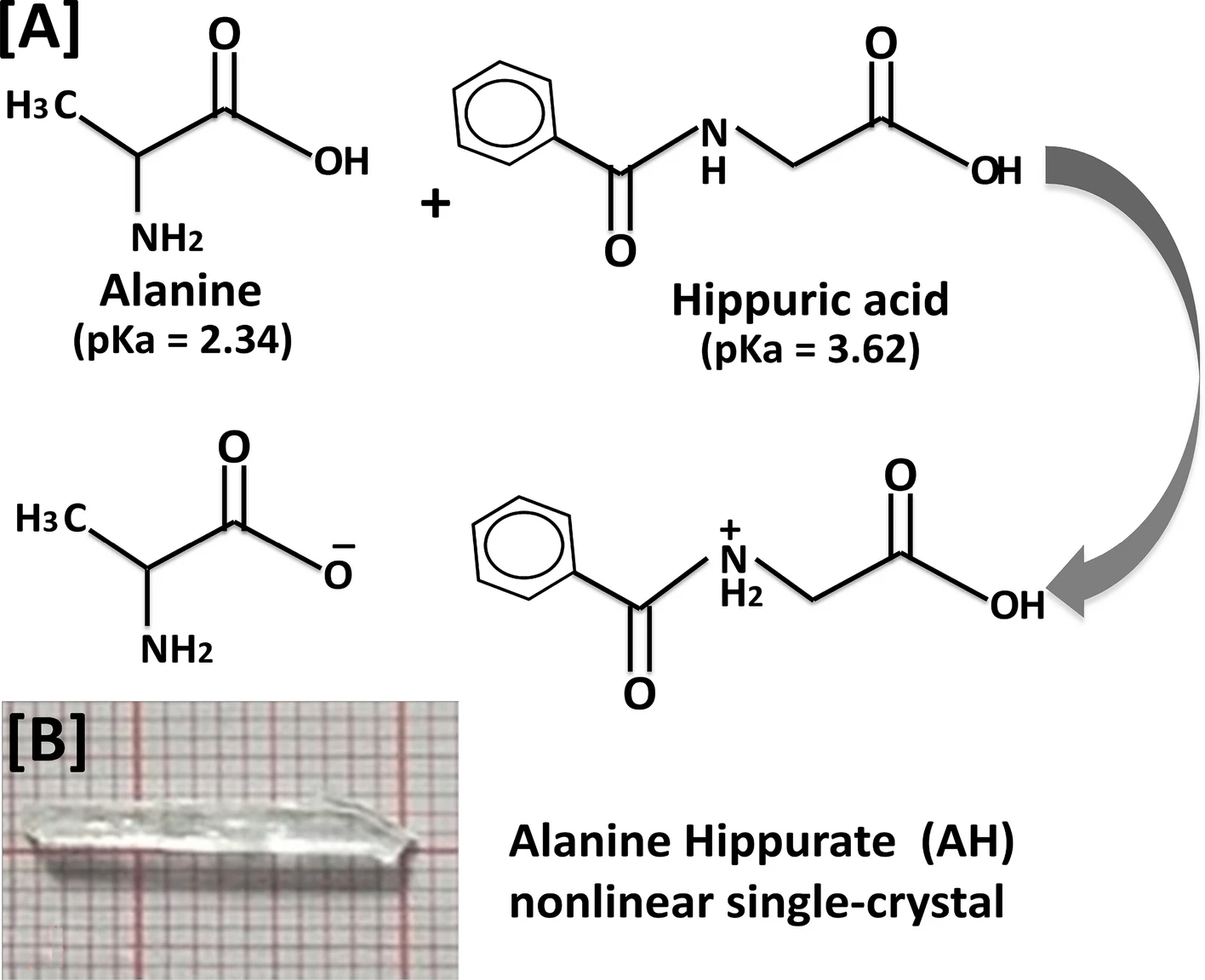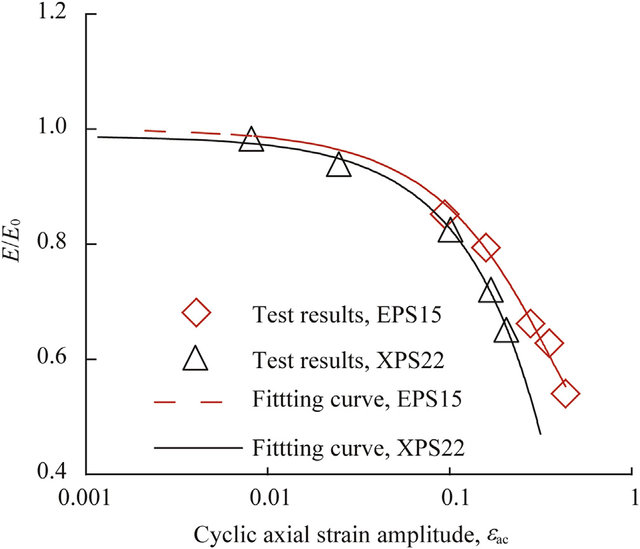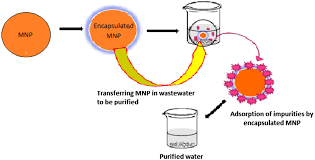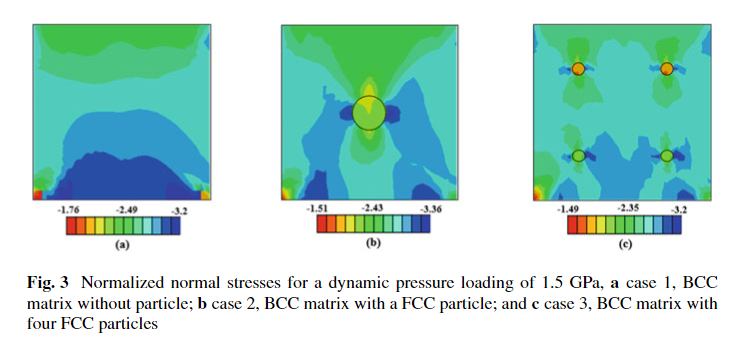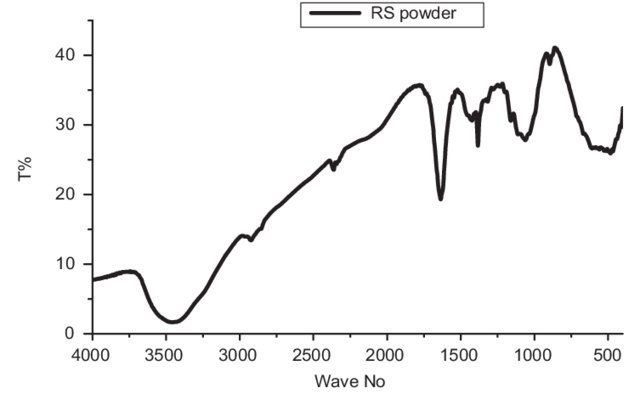
Valorisation of shrimp and rice straw waste into food packaging applications
The potential use of chitosan films as a replacement to synthetic polymers in food packaging applications is receiving remarkable attention due to their biodegradability and antimicrobial properties. This study presents the preparation of composite films from chitosan as polymeric matrices, and rice straw and nano rice straw fibres as reinforcements. The films were produced via wet mixing and casting techniques with various reinforcement contents (25–35 wt%). The aim of this research is to investigate the physical, mechanical, chemical, and thermal properties of the synthesized composite films and determine their feasibility for use in food packaging. The synthesized composite films will degrade by the time food is consumed leaving zero waste. Experimental results showed that rice straw fibres and nano-rice straw fibres enhanced the yield strength, fracture strength, and Young‘s modulus in comparison to the unreinforced material, and with reference to Egyptian plastic bags material. Thermal degradation temperature of the chitosan was improved by adding rice straw and nano rice straw compared to chitosan composites, which indicates that the composite thin films can perhaps compete with current thermoplastic synthetic polymers fabricated by melting techniques and serve as an alternative for synthetic plastics. The use of a local (shrimp and rice straw) waste as the source for biodegradable bags, turns food waste problem to being part of the solution of synthetic plastic waste. © 2020 Ain Shams University


